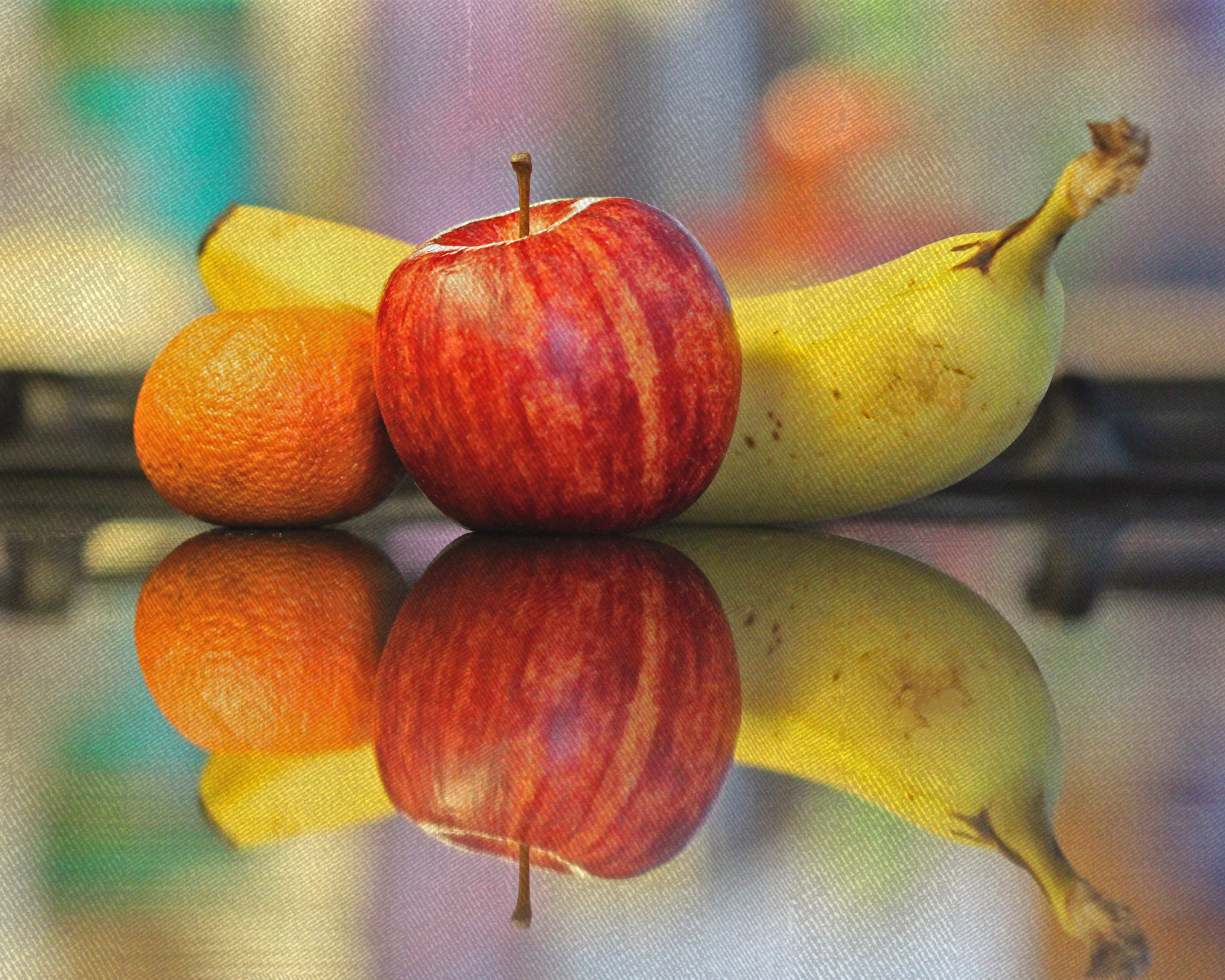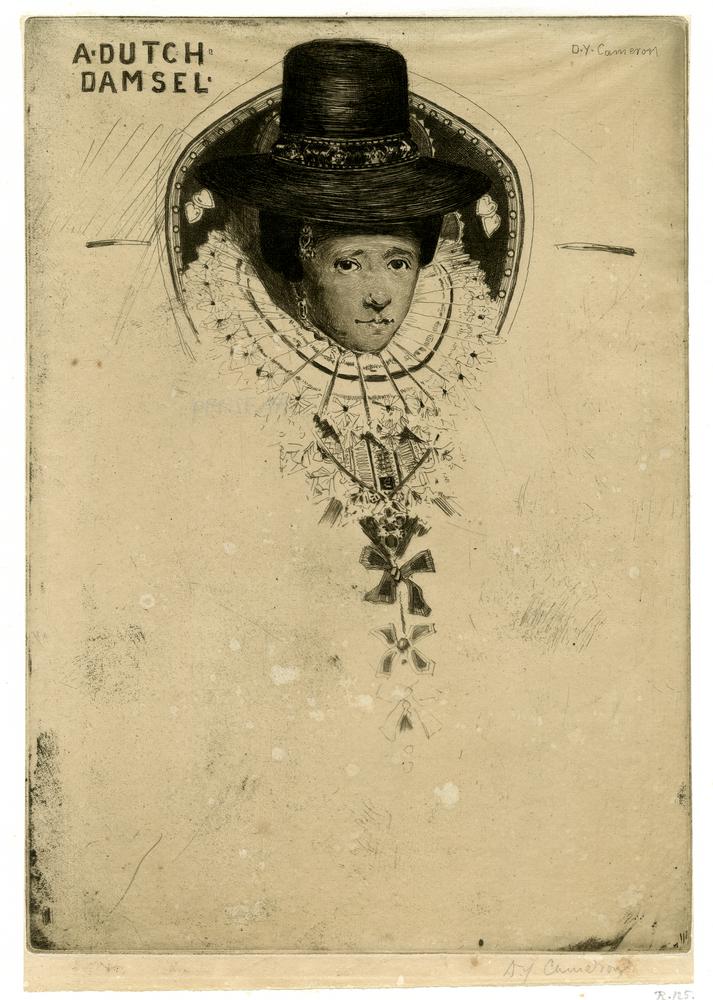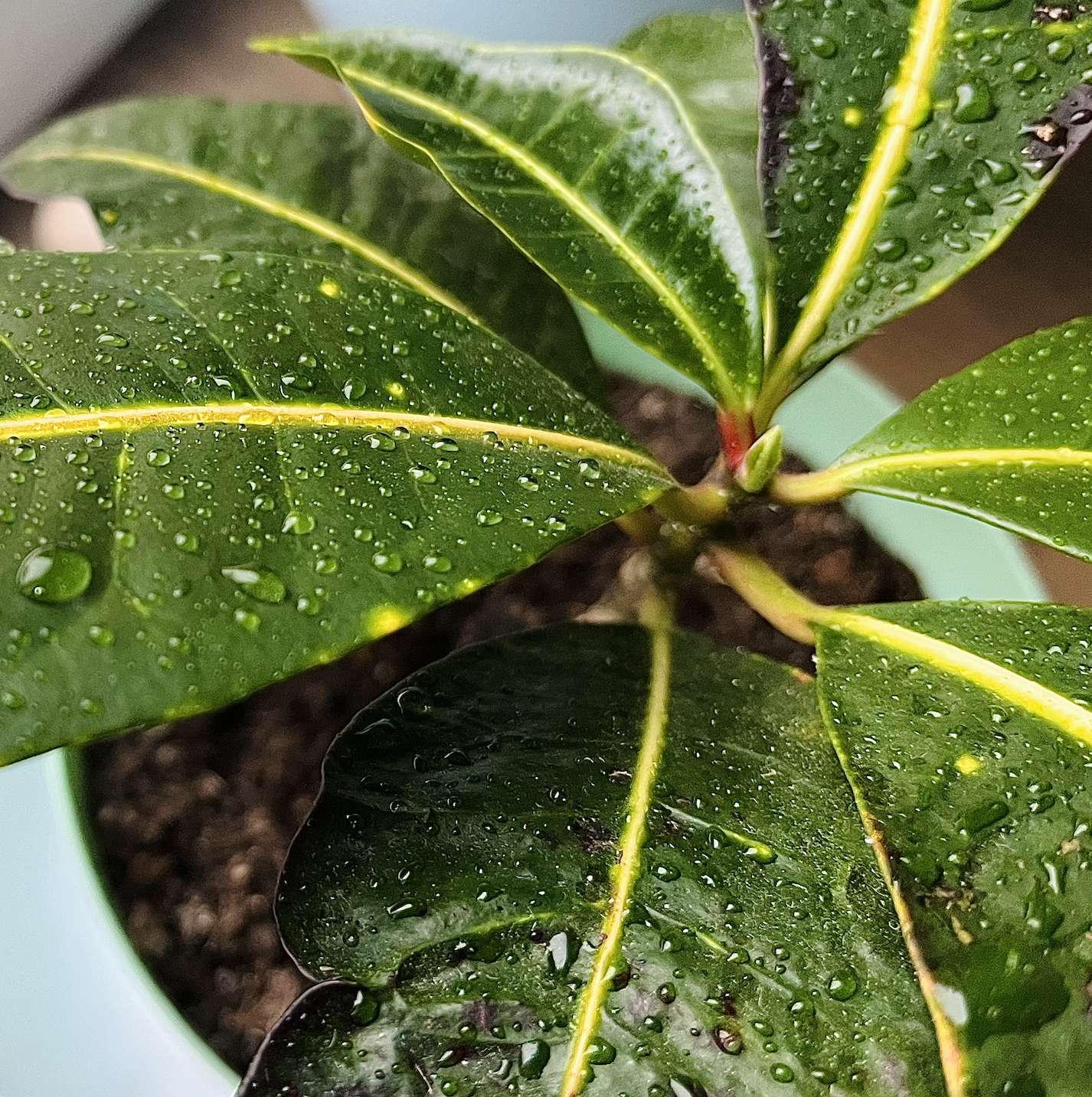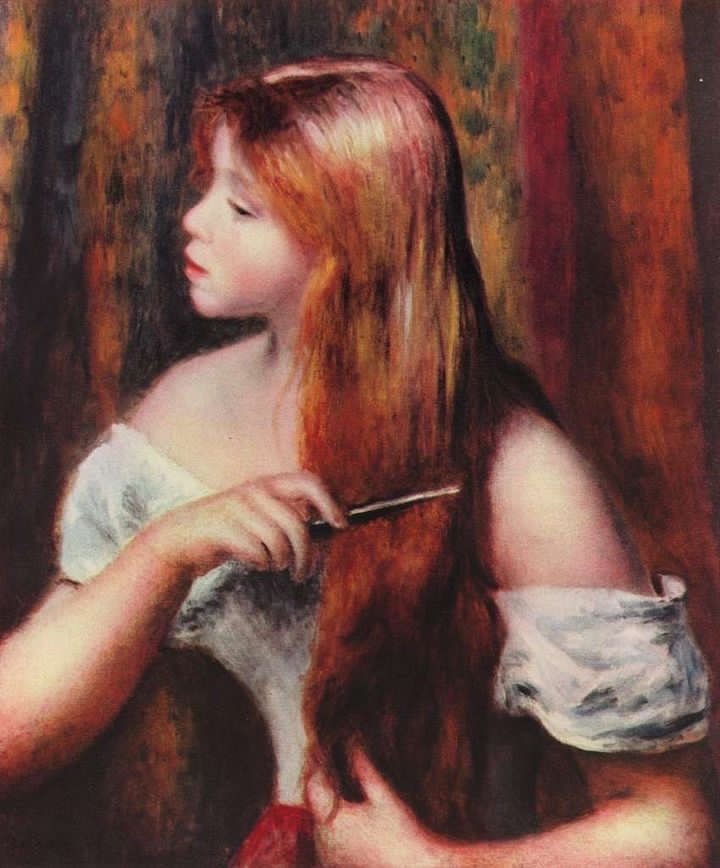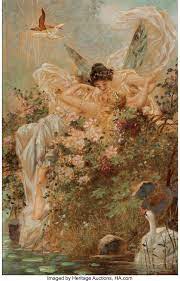
Sapphic Triptych Tryst
Sapphic Triptych Tryst is inspired by triptych artwork and the poem is organized into three columns It criticizes historical depictions of sapphic literature as the speaker artfully guides readers in the ways in which sapphic love has previously been hidden and erased from mainstream society and how it is being repainted and rewritten <






